Grand Ayatollah Ali al-Sistani signals that Nouri al-Maliki should not cling to power. [This was article was originally published by Al Jazeera.]
When Iraq’s third largest city of Mosul fell to the Islamic State group on June 10, things appeared to be going well for Iraqi Prime Minister Nouri al-Maliki, despite the successful advances made by the jihadists and allied insurgent forces. Though Maliki had lost control of large swathes of Iraqi territory, he was still talking the language of the victor — and he had heavy political and military support from his key regional ally.
Iran doubled down efforts to mobilize ideologically driven Shia militias that were already acting as paramilitary forces, assisting the Iraqi army in counterterrorism operations. The shadowy Iranian Revolutionary Guard Corps general, Qasim Suleimani, was in Iraq, personally visiting checkpoints on the outskirts of Baghdad, making sure that Iraqi government forces and allied militias were prepared to prevent an assault on the capital.
Furthermore, Iraq’s highest religious authority, Grand Ayatollah Ali al-Sistani, immediately issued a statement in support of the Iraqi armed forces and called on all Iraqi politicians to unite in the face of this grave threat. Even Maliki’s Shia political rivals rallied around the flag and declared this a “sacred war” against terrorism.
It seemed that — for a moment — politics was being put to the side and there was a collective effort to prevent the collapse of Maliki’s government.
During a Friday prayer sermon on June 13, Sistani issued a call to arms for Iraqis to defend Iraq, its people and its sacred sites from the Islamic State. This sent shockwaves across the country because it was the first fatwa of its kind in almost 100 years. The call to arms reflected the fear of the Shia religious establishment that Iraq was on the brink of an even greater catastrophe than was the case during the civil war in 2006-2007.
Sistani’s fatwa was carefully worded and directed at Iraq’s citizens. It was a call for Iraqis, regardless of ethno-sectarian background, to join the armed forces and help in the fight against terrorism. It was not a call to arms for the Shia to fight Sunnis, as was widely misinterpreted by much of the mainstream media.
Now, even the party that Maliki heads believes it is time for him to go. The prime minister’s days appear to be numbered, but it still remains to be seen whether or not he will go quietly.
When I met Sistani in Najaf the morning after the call to arms was issued, he repeated his famous remarks made during the darkest days of the civil war in 2006-2007: “The Sunnis are not [just] our brothers, they are ourselves.” He stressed that the call to protect Iraq’s sacred sites was not just about safeguarding Shia mosques and shrines but also Sunni, Christian and other places of worship.
Later that day, Sistani’s office issued a further statement, which was posted on the official website, clarifying that volunteers who do take up arms should do so exclusively within the legal framework, and that arms should solely be in the hands of the state.
With this, Sistani was making a pointed reference to Iranian-backed militias that had increased their mobilization across the country. He even called on the relevant state authorities to curb armed activity that falls outside the legal frameworks. His fatwa was a signal to Iran as much as it was a message to the rest of the world that the military advances of the jihadist and insurgent groups in Iraq must be stopped.
During the following week’s Friday prayer sermon on June 20, Sistani urged Iraqi politicians to speed up the government formation process. He called on politicians to learn from past mistakes, open new horizons and work toward a better future for Iraq. The sermon was widely interpreted as a not-so-subtle reference to Maliki himself. At the same time, sources close to Sistani’s office told me that the ayatollah had sent a clear message — through private channels — to the prime minister’s office stating that a third term for Maliki is a red line for the religious establishment.
However, the most public signal from Sistani that he was opposed to a third term for Maliki came on July 25. During the Friday prayer sermon in Karbala, Sistani’s representative urged Iraqi politicians not to cling onto their posts and positions. He called on Iraqi politicians to sacrifice their own personal political interests for the sake of the country. Though he didn’t single out anyone by name, Sistani’s official website later in the day published a news story that interpreted the sermon as “sending signals to Maliki.”
To make matters worse for Maliki, even his own Islamic Dawa Party issued a statement that same day echoing Sistani’s demand that politicians must not cling onto power. When I asked a senior Dawa official if this statement meant there was now a formal split within the party, he responded by saying its leadership was united and in agreement with Sistani that the nominee of the Shia bloc in parliament had to be someone other than Maliki.
This latest development is very significant. It is no longer just the Sunni, Kurdish and rival Shia political parties — as well as Ayatollah Sistani — who believe a third term for Maliki is untenable. Now, even the party that Maliki heads believes it is time for him to go. The prime minister’s days appear to be numbered, but it still remains to be seen whether or not he will go quietly.
The views expressed in this article are the author’s own and do not necessarily reflect Fair Observer’s editorial policy.
Support Fair Observer
We rely on your support for our independence, diversity and quality.
For more than 10 years, Fair Observer has been free, fair and independent. No billionaire owns us, no advertisers control us. We are a reader-supported nonprofit. Unlike many other publications, we keep our content free for readers regardless of where they live or whether they can afford to pay. We have no paywalls and no ads.
In the post-truth era of fake news, echo chambers and filter bubbles, we publish a plurality of perspectives from around the world. Anyone can publish with us, but everyone goes through a rigorous editorial process. So, you get fact-checked, well-reasoned content instead of noise.
We publish 2,500+ voices from 90+ countries. We also conduct education and training programs
on subjects ranging from digital media and journalism to writing and critical thinking. This
doesn’t come cheap. Servers, editors, trainers and web developers cost
money.
Please consider supporting us on a regular basis as a recurring donor or a
sustaining member.
Will you support FO’s journalism?
We rely on your support for our independence, diversity and quality.


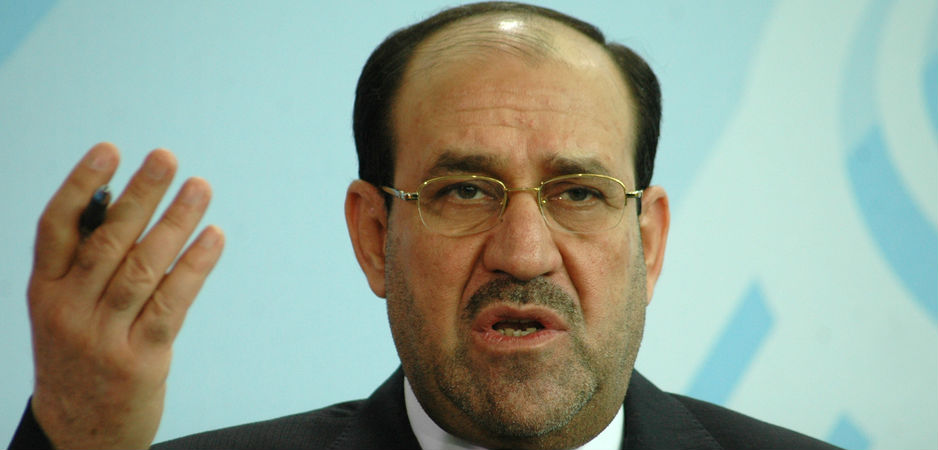
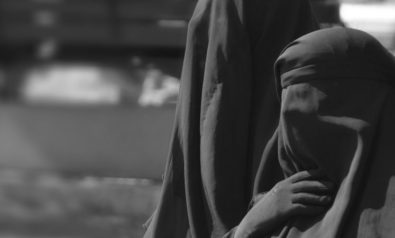
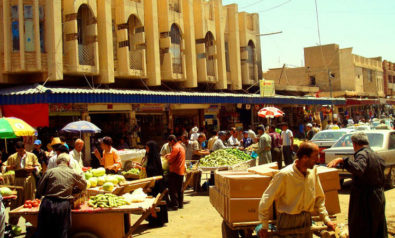
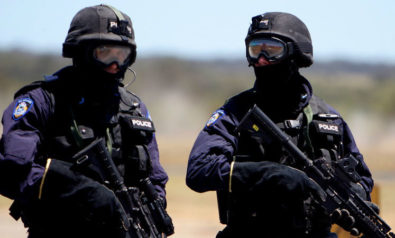

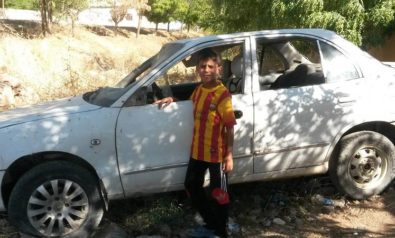
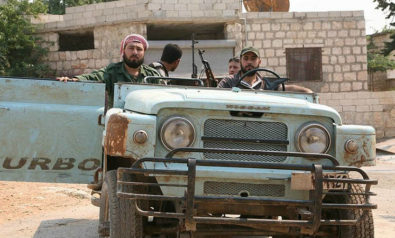
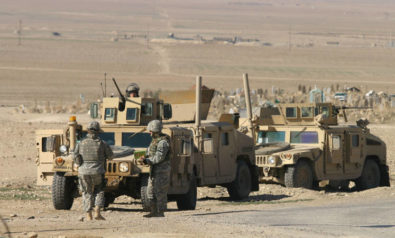
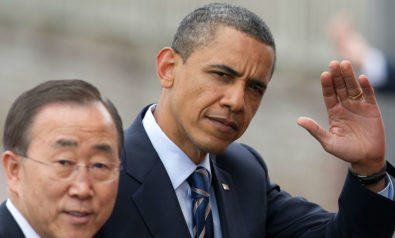

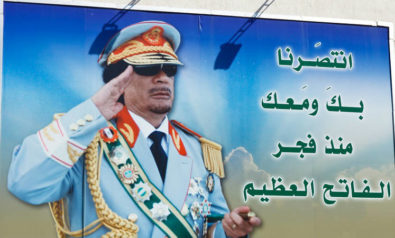


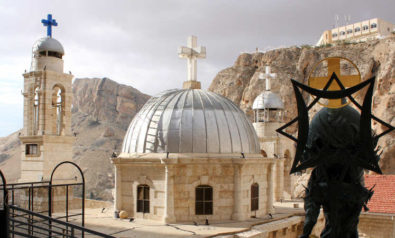

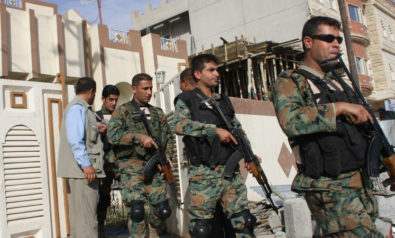
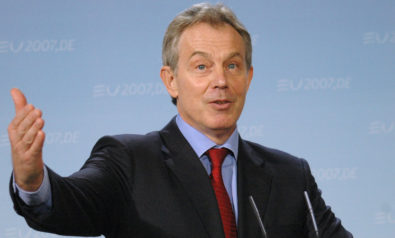
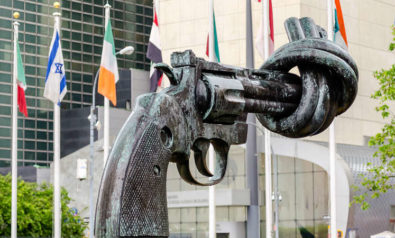

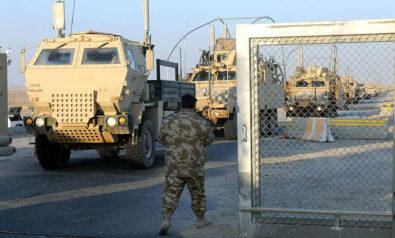





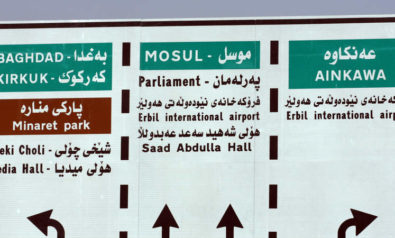
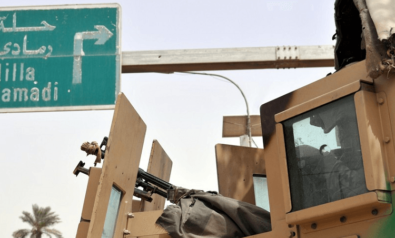


Comment